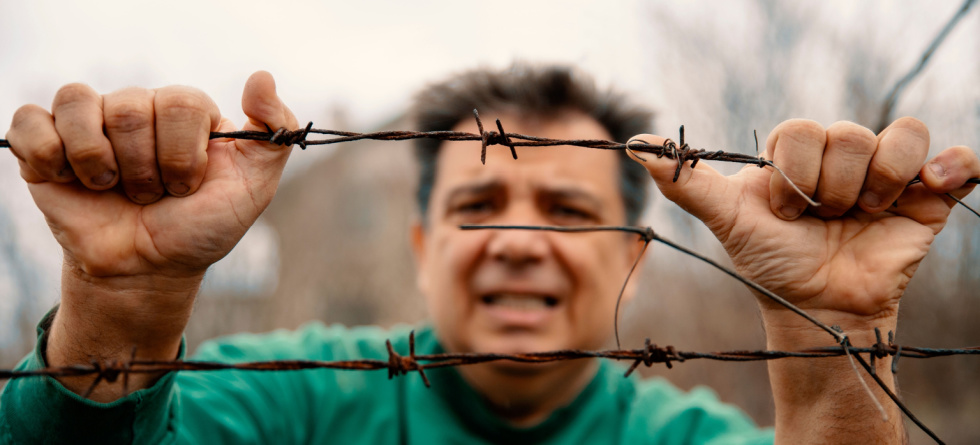
Can You See If Someone Has Pending Charges?
Yes, it is possible to check if someone has pending charges, but the process depends on state laws, privacy regulations, and the type of charges involved. Common Ways To Find Out If…
February 25, 2025








